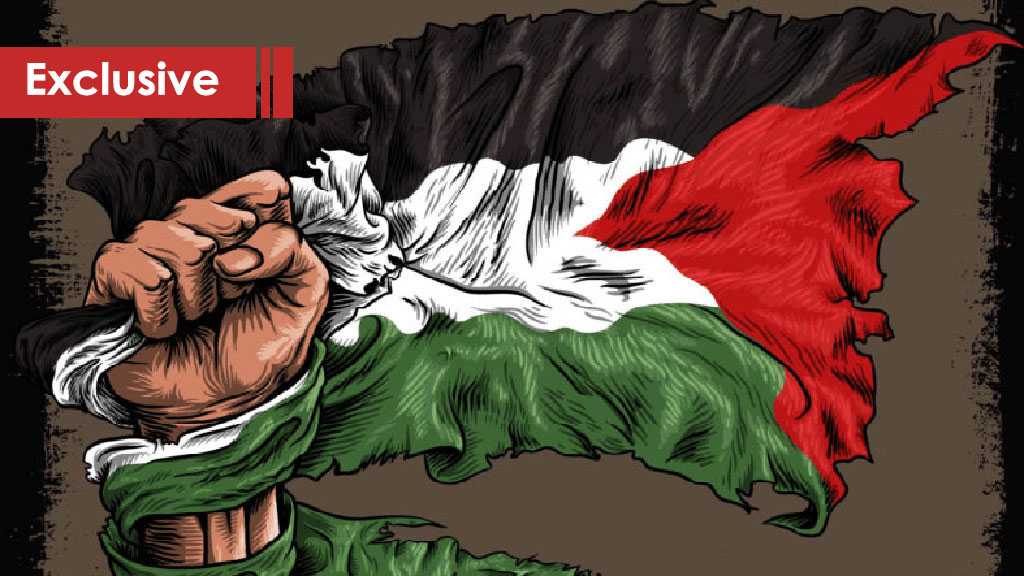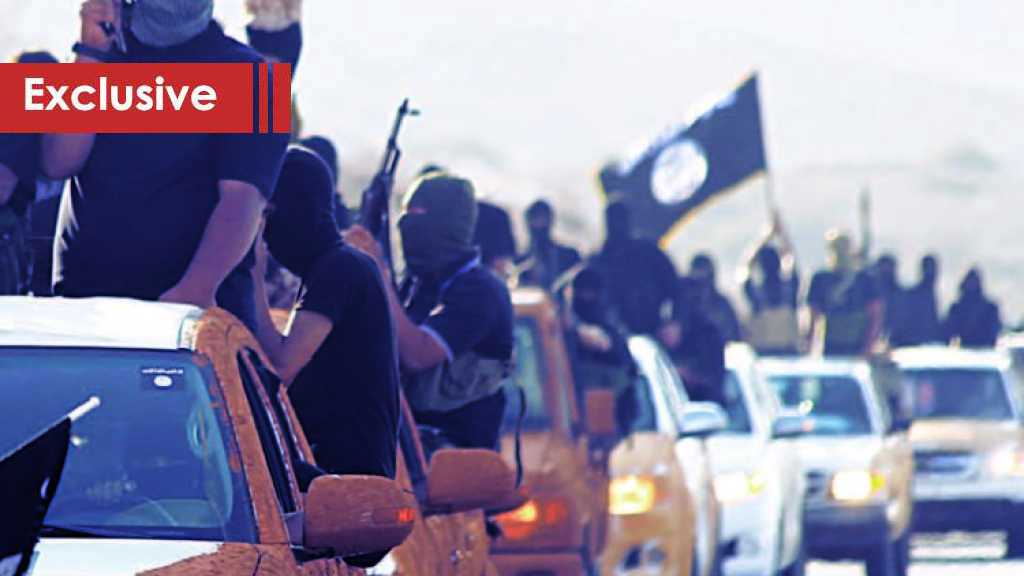Islamic Jihad to Al-Ahed: Quds Sword Imposed New Equations, Resistance Making Confident Steps to Defeat ‘Israel’

Al-Ahed Exclusive
The leader of the Islamic Jihad Movement in Palestine, Daoud Shehab, said the anniversary of the victory of the Islamic Resistance and the subsequent liberation of southern Lebanon coincided with the victory of Operation Al-Quds Sword.
According to Shehab, the victory carries important implications. The most significant of these is that the resistance persevered – the people of the nation decided not to retreat, and the resistance, whether in Lebanon or Palestine, is recording achievements and accumulating victories in the face of the “Israeli” enemy.
"There is no way back. We are making confident steps to defeat this entity and liberate every inch of the land of Palestine," Shehab said in an interview with Al-Ahed News.
He pointed out that the Al-Quds Sword battle bore the meaning of the liberation of all Palestine.
"This unification in all the arenas and fields of jihad and resistance throughout occupied Palestine gives an important signal and sends hope again that we are moving towards the fulfillment of God’s promise, the achievement of the great victory, and the defeat of the occupation from all the land of Palestine as it was defeated from southern Lebanon in 2000 and Gaza in 2005,” he stressed.
Shehab highlighted the expansion of the achievements of the resistance and the nation’s collective awareness that the main priority is confronting the “Israeli” enemy.
“When Al-Quds was the main title, all Palestinian patriots met in this confrontation, and all attempts by the occupation to sow discord and cracks within the Palestinian society failed."
The leader of the Islamic Jihad movement pointed out that "the battle of the Al-Quds Sword represents an essential course to victory and liberation."
Shehab explained that "the battle of the Al-Quds Sword established new equations in the open conflict between the resistance and the enemy, the most important of which is that Al-Quds entered into the rules of engagement. Therefore, we are now facing a new challenge – an aggression on All-Quds will be met with a response by the resistance."
“The second issue is that the occupation does not surrender easily and does not yield easily to the insistence of the resistance. Ahead of us is a long journey with Al-Quds as the objective. When we called this battle Al-Quds Sword, the name implies that this sword is now in the hands of the resistance that is ready to defend the city of Al-Quds."
He also stressed that the resistance is ready at any time to make sacrifices and engage in confrontations in order to defend occupied Al-Quds. He confirmed that the resistance throughout the Palestinian homeland from its sea to its river from its north to its south is fully prepared to assume the responsibility of defending the Al-Aqsa Mosque.
"We face two main constants in the Palestinian situation. Al-Quds is a fundamental constant that cannot be overlooked or abandoned. Secondly, the resistance is an authentic expression of the Palestinian situation in which our people live under occupation,” Shehab said.
"There is nothing that can unite the Palestinians in the stage of national liberation and occupation but the resistance," he added, pointing out that other emergency options are futile and have not succeeded. Shehab remains convinced that any national political project has no value unless it’s based on resistance under occupation.
"We protect the state of unity by protecting the resistance. The resistance is a basic pillar to achieve internal Palestinian unity and maintain the continuous mobilization with the status of Al-Quds and what it represents in the Arab and Islamic conscience as part of our faith and our religion."
Shehab concluded by saying that "what happened is not limited to the Palestinian interior in Gaza, the West Bank, or the occupied interior, but the Palestinian diaspora also got involved, and this is an issue that cannot be ignored."
Comments




